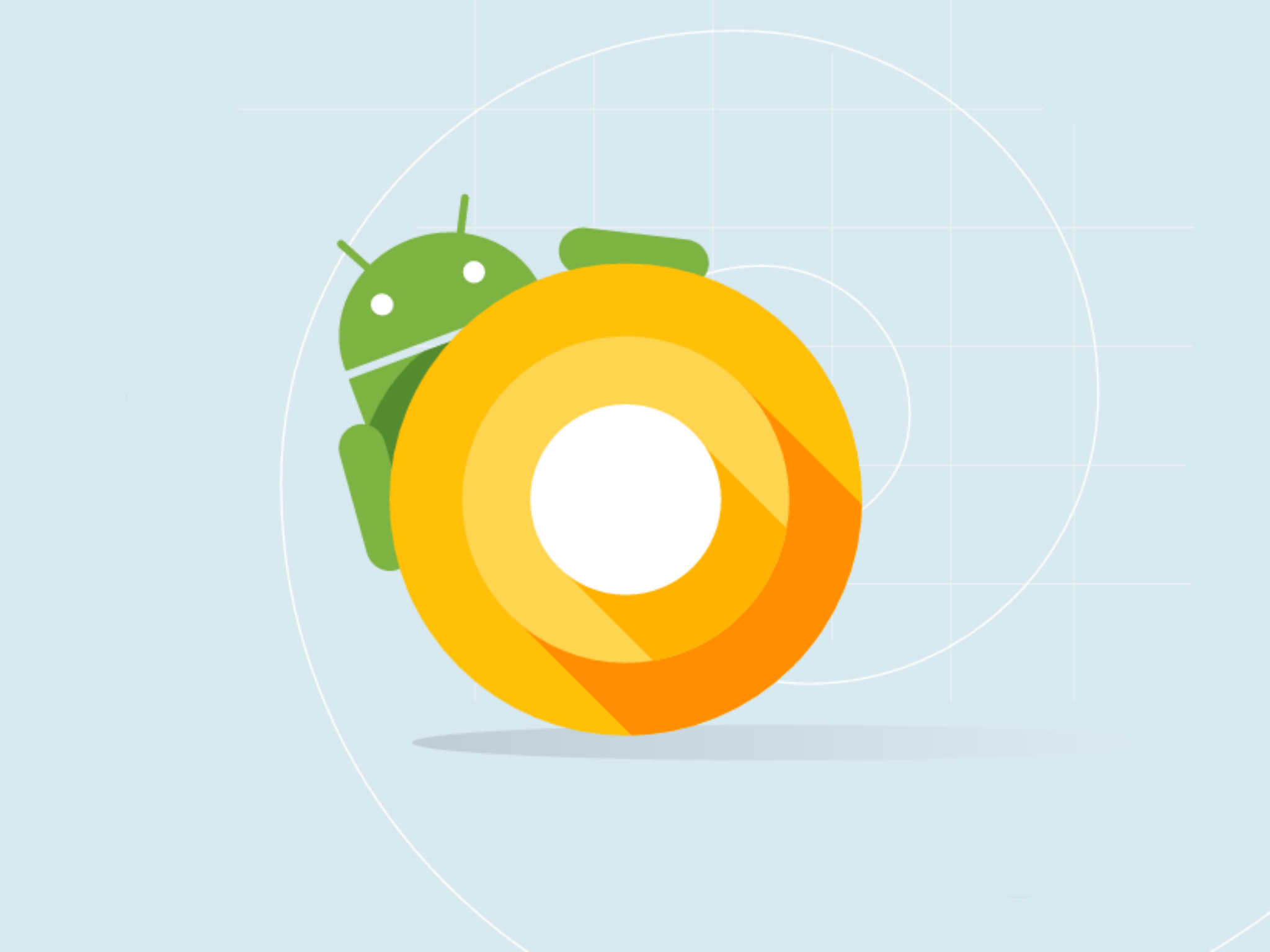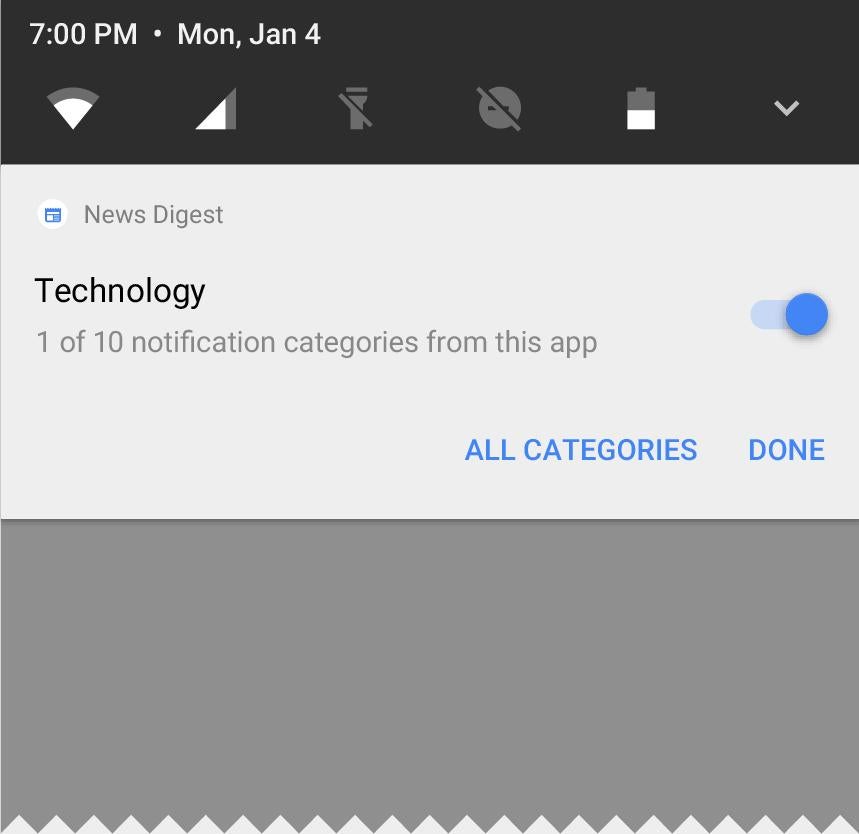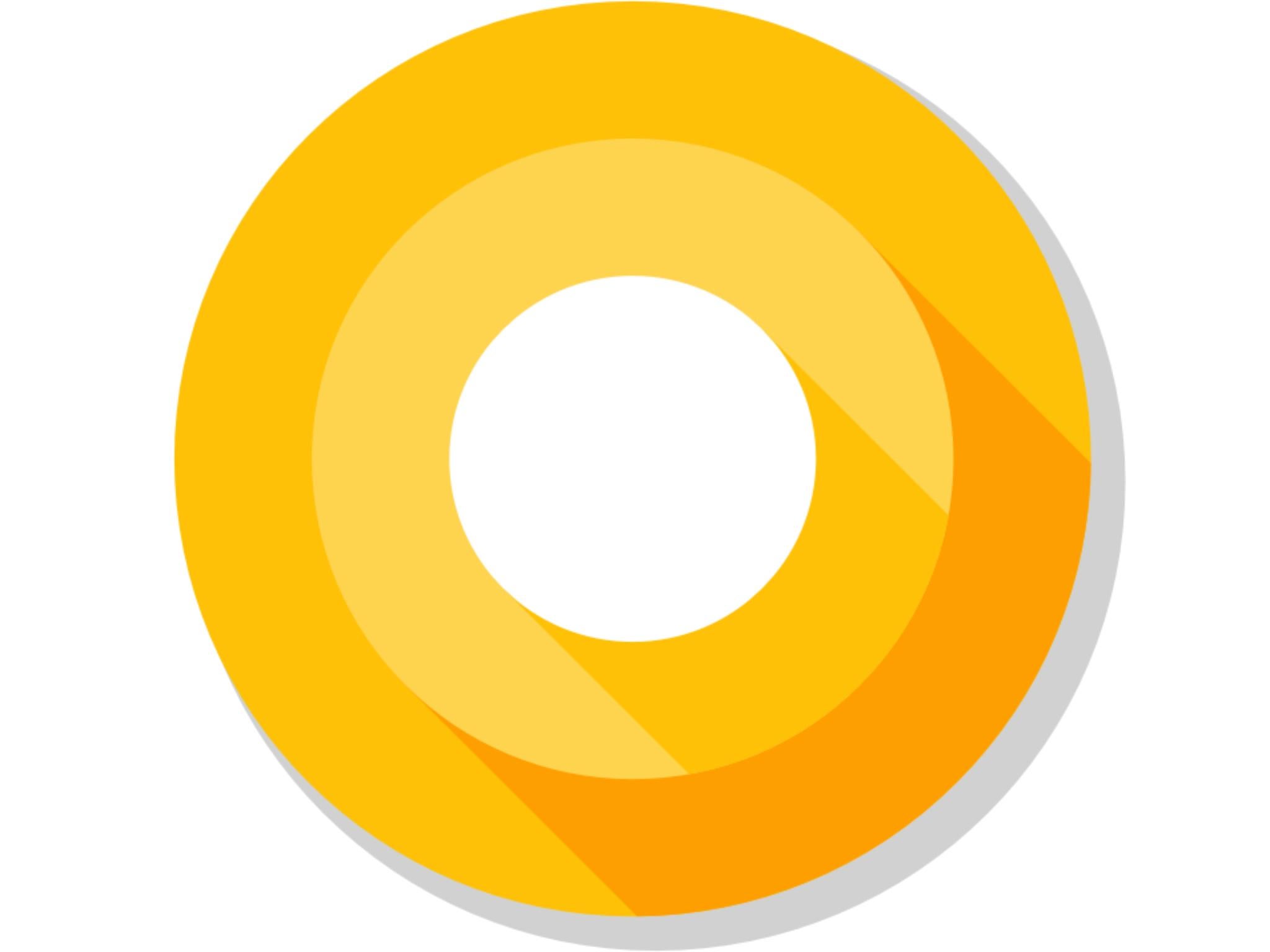Android O: Everything you need to know about Google's new phone software
It's widely expected to be named Oreo, and will introduce brand new functionality to mobiles and tablets

Google is preparing the next version of its mobile operating system, currently known as Android O.
It will succeed Nougat, which was released late last year, and will introduce brand new functionality to Android smartphones and tablets.
Android is the most popular mobile platform in the world and, as ever, there will be plenty of pressure on the company to deliver the features that millions of its users want.
What will it be called?
Google has had a lot of fun teasing possible names for different versions of Android in the past, and the company looks likely to do the same this time around. O will be named after a sweet treat and, unsurprisingly, Oreo is the current frontrunner.
The current version of Android, called Nougat, followed Cupcake, Donut, Eclair, Froyo, Gingerbread, Honeycomb, Ice Cream Sandwich, Jelly Bean, KitKat, Lollipop and Marshmallow.
Don’t be surprised if Google holds a vote later in the year.

New features
One of the key improvements Google wants to make with Android O concerns battery life. The software will limit the activity of apps running in the background, focusing on location updates, broadcasts and background services, which should help your phone last longer.
Android O should also make it easier for you to handle lots of notifications from lots of apps. It will introduce a snooze function, which could come in handy for meetings and general peace of mind, and allow you to prioritise certain alerts over others.
You’ll also be able to group notifications by channel, which should let you neatly bundle certain alerts together depending on subject matter.
Picture-in-picture mode is likely to prove hugely popular, particularly amongst YouTube and Netflix fans. It will allow you to continue watching clips while using another app without having to hit pause, with a shrunken video window appearing on top of something like Gmail or Maps.
'Copyless' pasting sounds really handy too, and would see the Android system guess what text you want to copy in one app and make it available to paste in another. For instance, if you were looking at a restaurant in Chrome and subsequently opened Maps, the keyboard would offer up its address as a suggestion.
Google is also working on bringing better audio to Android, by adding new audio codecs to improve the sound quality of music played through wireless speakers and headphones.
It appears that Android O won’t introduce a great deal of significant design changes, but app icons could look slightly different. Google is letting developers experiment with different shapes for icons, and it looks like Android O could also bring support for badge notifications, similar to those in iOS.

Release date
The developer preview of Android O is already available to download, but we wouldn’t recommend getting on board with it yet, unless you’re a developer of course. That’s because the software is a work in progress, and could end up damaging your device and wiping your data.
Fortunately, Google is expected to release an official beta preview of Android O this week, which should be more stable and easier to install.
Android O will launch later this year, most likely on the upcoming Google Pixel 2, which is expected to arrive in October. It will almost certainly be available on Pixel- and Nexus-branded devices first - the developer preview is limited to the Nexus 5X, Nexus 6P, Nexus Player, Pixel, Pixel XL or Pixel C - before gradually making its way to new handsets from brands like Samsung, HTC and LG.
Join our commenting forum
Join thought-provoking conversations, follow other Independent readers and see their replies
Comments
Bookmark popover
Removed from bookmarks